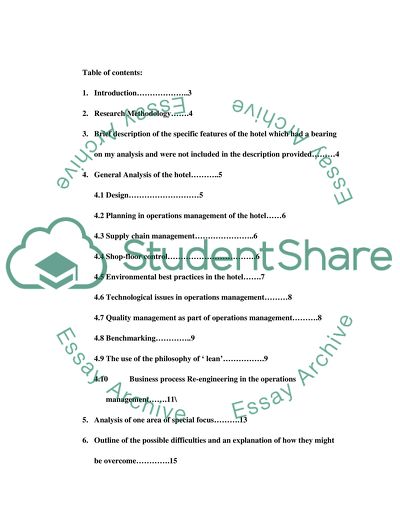Cite this document
(“Operation Management Essay Example | Topics and Well Written Essays - 2500 words”, n.d.)
Retrieved from https://studentshare.org/environmental-studies/1409092-operation-management
Retrieved from https://studentshare.org/environmental-studies/1409092-operation-management
(Operation Management Essay Example | Topics and Well Written Essays - 2500 Words)
https://studentshare.org/environmental-studies/1409092-operation-management.
https://studentshare.org/environmental-studies/1409092-operation-management.
“Operation Management Essay Example | Topics and Well Written Essays - 2500 Words”, n.d. https://studentshare.org/environmental-studies/1409092-operation-management.


